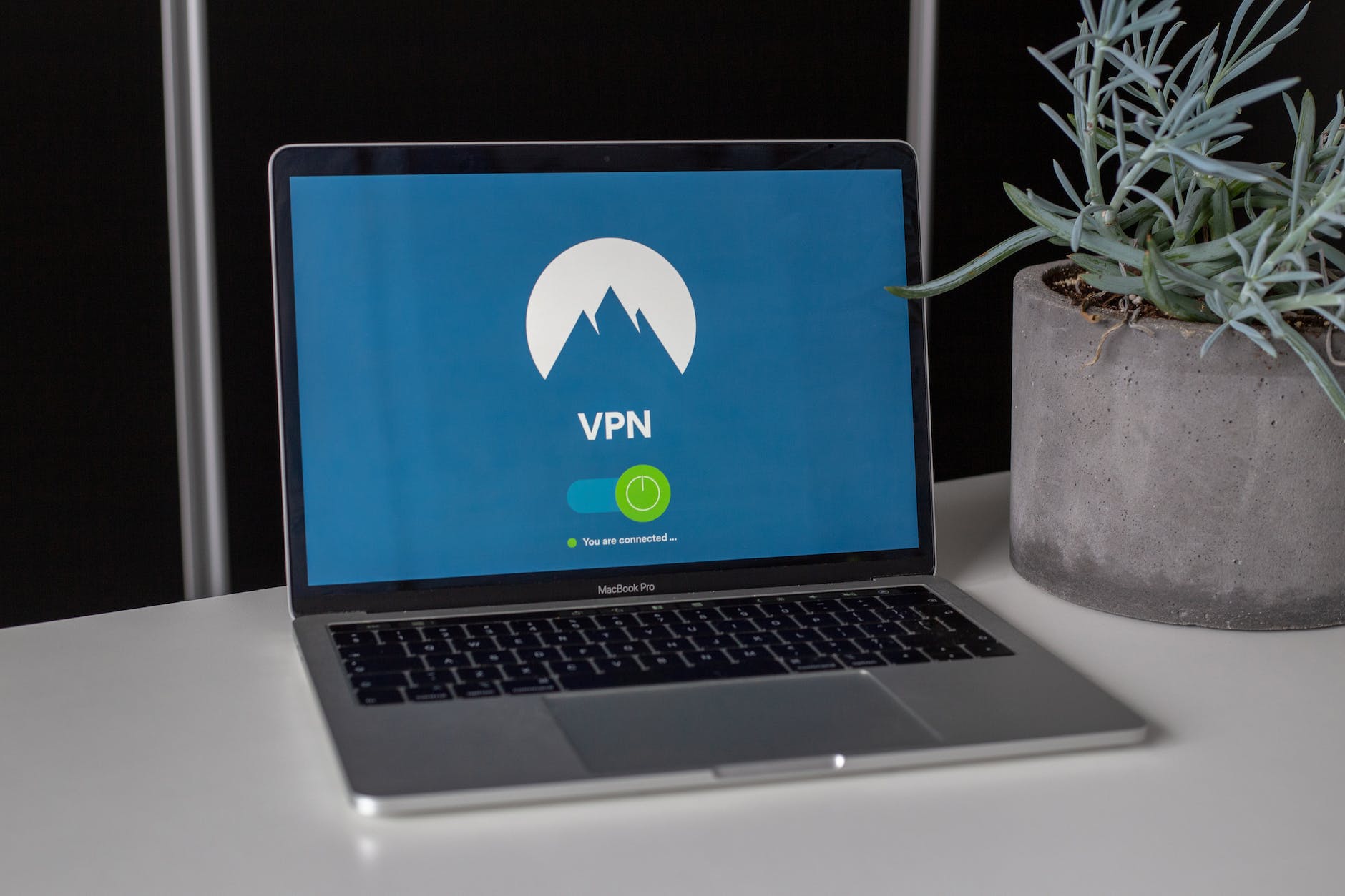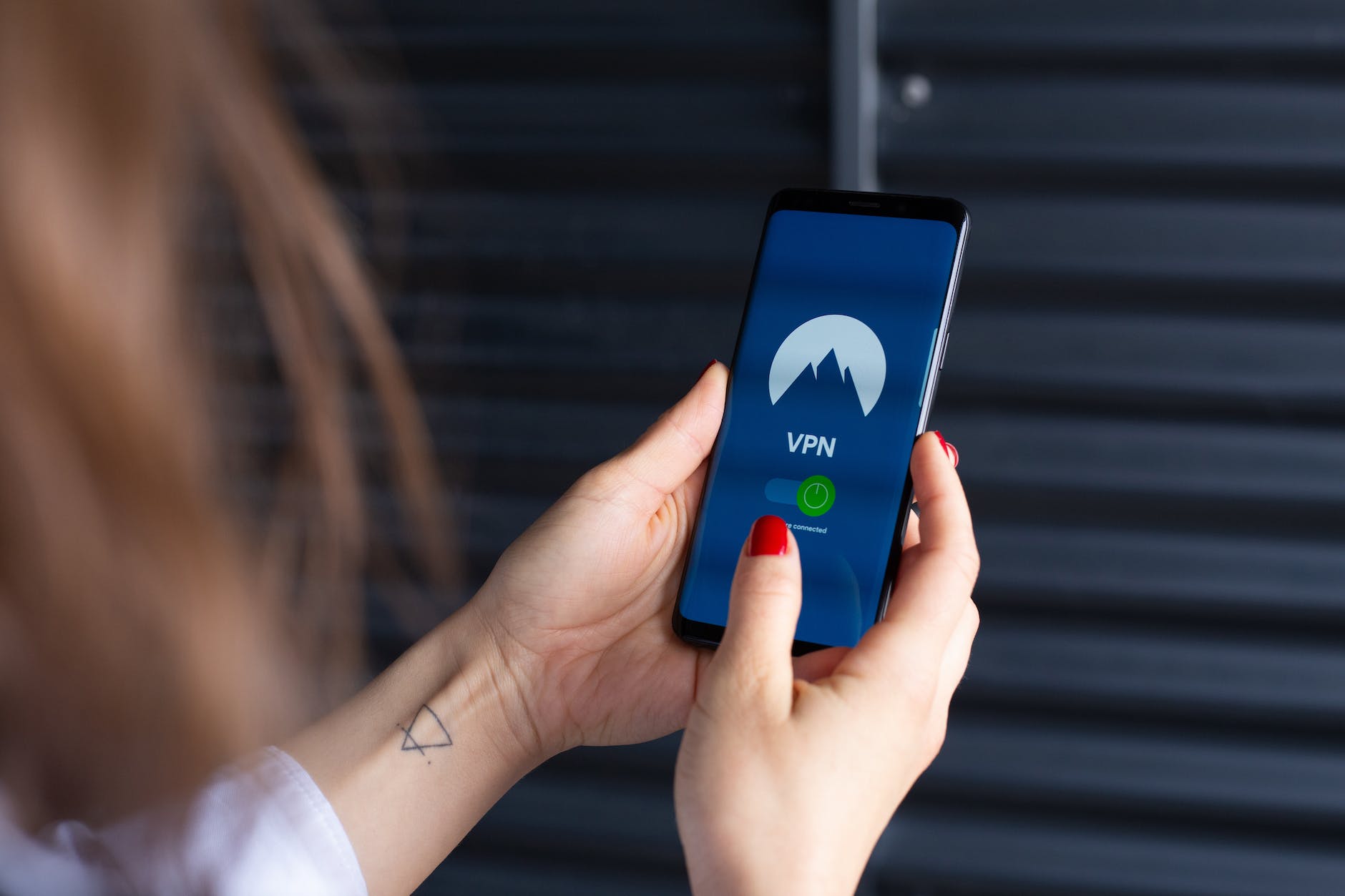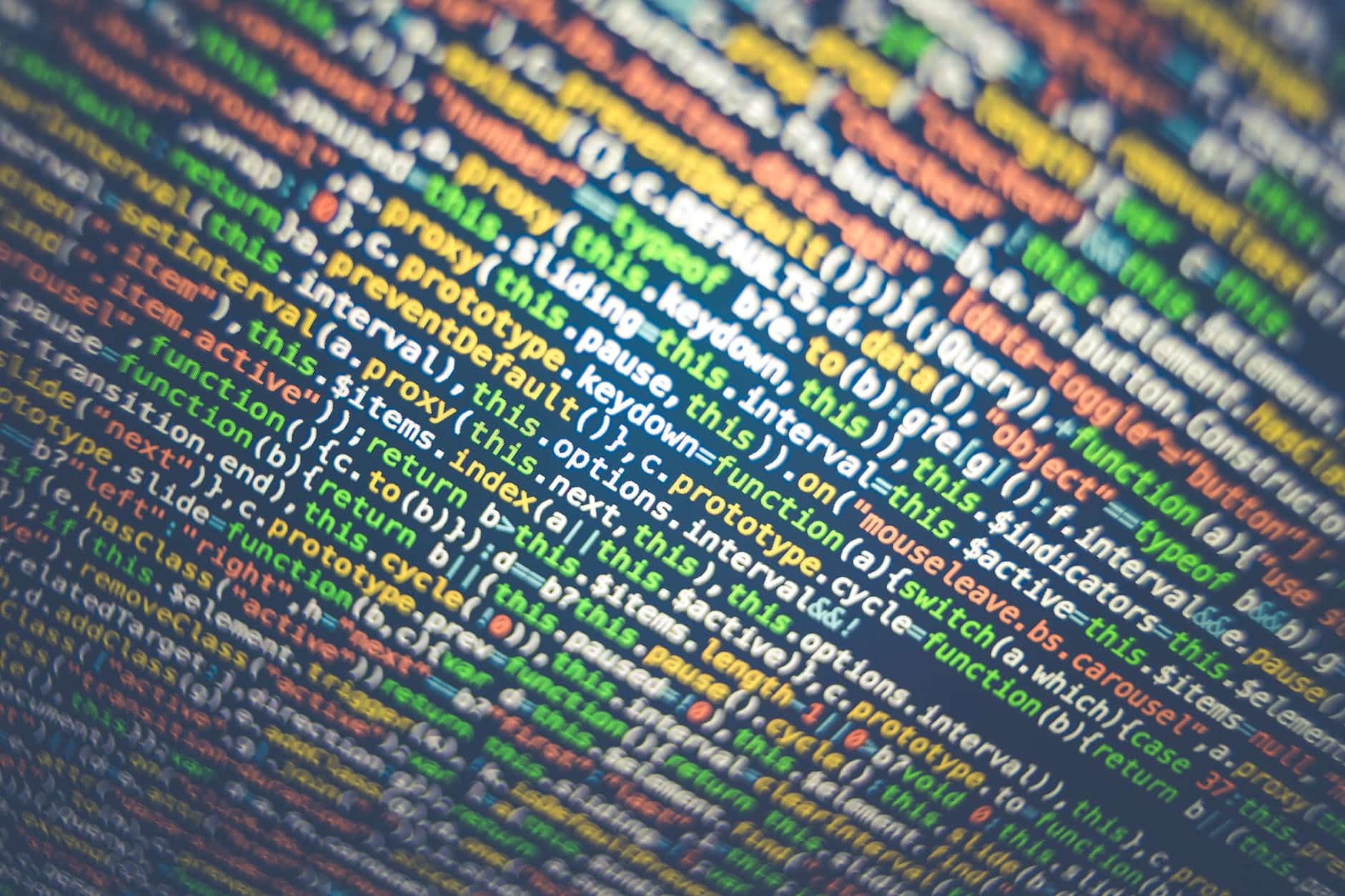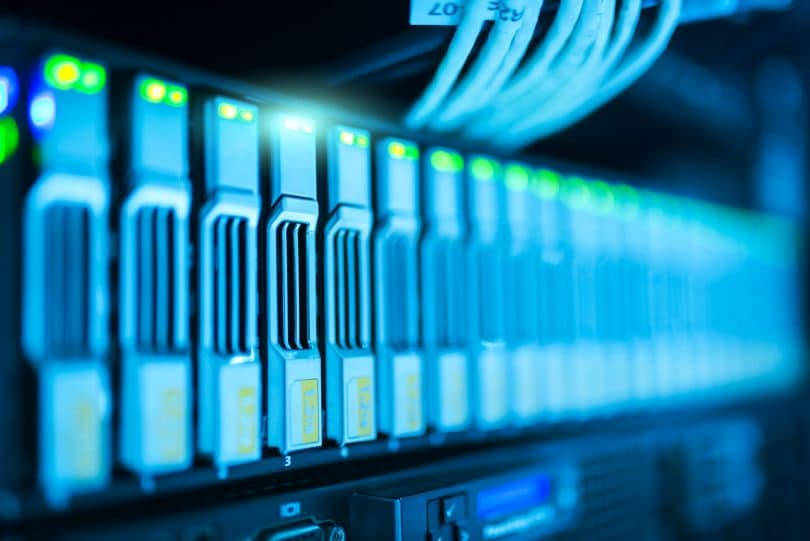Did you know you can keep your browsing data private? With a Virtual Private Network or VPN, your information is encrypted and hidden from prying eyes. Whether you’re concerned about online security or want to access blocked content, using the fastest VPN can help.
VPNs are useful security tools, allowing users to connect to remote networks and keep their data safe. But with so many VPNs, understanding which one to pick can take time and effort. If you want to understand what VPN is and how it works, we hear you. In this post, we’ll look at the capabilities of secure VPNs and how they make internet surfing easier. Keep reading to learn more!

What VPN is
A VPN is a secure tunnel between your device, i.e., computer or smartphone and the internet. VPNs encrypt your traffic so your online activity can’t be tracked or monitored. This capability makes VPNs reliable for protecting your privacy online in this era of cyber threats and online fraud.
To set up a VPN connection, you must sign up for the fastest VPN service and install the software on your devices. Once the software is installed, you must open the app and connect to a server in the desired country. Your traffic will then be routed through this server before it reaches its destination website—and the VPN will hide your online activities.
Here are some potential benefits of using the fastest VPN:
- Bypassing Internet Censorship And Geo-Restrictions
A VPN lets you browse websites and content that may be blocked in your country. For example, if you’re traveling to China, having the fastest VPN will allow you to access Google, Facebook, and other banned websites.
- Enhancing Security And Privacy
The fastest VPN encrypts your traffic so that anyone monitoring your internet activities (your ISP, government, hackers) cannot see what you’re doing.
- Helping You Avoid Bandwidth Throttling
Some ISPs throttle bandwidth for certain types of traffic, usually video streaming or peer-to-peer (P2P) file sharing. This can make streaming videos from Netflix or YouTube choppy and slow. A smart and fastest VPN hides the type of traffic you’re sending so that your ISP can’t throttle your connection.
- Reducing Costs
Sometimes using a VPN can save you money. For example, some airlines charge different prices based on your location. So, if you connect to a server in a different country, you may be able to get a cheaper flight. Businesses that use data-intensive applications can also use a VPN to connect to remote servers and reduce their monthly telecom bills.
- Protecting Yourself on Public Wi-Fi
Whenever you connect to public Wi-Fi, there’s always the risk that someone could be eavesdropping on your traffic. However, if you have the fastest VPN, all they’ll see is gibberish, as your traffic will be encrypted end-to-end.

How Does a VPN Work? The Technical Explanation
Now that we’ve answered the question “what VPN is?”, it’s time to take a more in-depth look at how they work. When you connect to the net, your device shares its IP address with every website or server you visit. This loophole can let others track your online activity and see what websites you’re visiting. The fastest VPN will create a safe tunnel between your device and the internet. All your internet traffic passes through this tunnel before reaching the websites you want to visit.
Using the fastest VPN (such as Torguard) masks your IP address by routing your traffic through an intermediate server. This process makes it virtually impossible for anyone to spy on your online activity or see which websites you’re visiting. Additionally, many VPN providers offer features like encryption and Kill Switch protection, further increasing your online privacy and security.
Main Types of VPNs
From encrypting your internet traffic to bypassing government censorship, VPNs have a lot of different uses. Here are the main types of these networks:
Site-to-Site VPNs
A site-to-site VPN connects two or more locations. Typically, site-to-site VPNs connect two offices so that employees at each location can access the same resources. For example, if you have an office in New York and another in London, you could connect the two offices to a site-to-site VPN. That way, employees at both locations can work on the same files, applications, and resources.
Remote-Access VPNs
A remote-access VPN lets users connect to a network from a remote location. These remote-access VPNs are used by employees who need to connect to their company’s network from outside the office. For example, if you work for a company with a subsidiary in New York but live in London, you could use a remote-access VPN to connect to your company’s network from your home in London. Doing so would give you access to the same resources you would have if you were in the office.
Extranet-Based VPNs
An extranet-based VPN connects two or more networks. Companies that need to share resources with partners or other businesses use these VPNs for enhanced online security. Say your company has an extranet website that clients can use to log into their account or check their order status, then you would need an extranet-based VPN to connect the website to your company’s network. This capability lets clients access the resources on your company’s network without actually being on the web themselves.

How to Choose a VPN?
A VPN encrypts your internet traffic and prevents your ISP, government, and hackers from spying on your browsing activity. Here are a few factors to undertake when purchasing a VPN subscription:
Jurisdiction
Jurisdiction defines the laws that a VPN company must follow. Companies based in countries with strong privacy laws, such as Switzerland and the Netherlands, offer more protection for your data than those with weaker privacy laws, such as the US and UK.
Encryption
Encryption is a technology that encodes your data so that only authorized persons can access it. The type of encryption used by a VPN affects the security and speed of your connection. AES 256-bit encryption is the strongest available encryption type and is recommended for all users.

Logging Policy
A logging policy defines what data a VPN service collects and how it uses that data. It is important to choose a VPN service with a strict no-logs policy to keep your data confidential. A no-logs policy means that the fastest VPN does not track or store your browsing activity or personal information.
Speed
The speed of your connection is another important consideration when choosing a VPN. A fast connection is important for streaming videos and downloading large files. You can check the speed of your connection by running a speed test before and after connecting to the VPN server. It’s best to purchase the fastest VPN if you don’t want unnecessary interruption while browsing the internet.
Compatibility
Make sure that the fastest VPN you pick is compatible with your devices. Most premium VPNs offer applications for popular platforms such as Windows, macOS, iOS, Android, and Linux. Some also offer browser extensions for added protection while browsing the web.
Rounding Up
After considering the key features your VPN service must have, it is clear that proper research and careful consideration need to be taken before selecting a suitable VPN. We highly recommend looking into server locations, the service provider’s policy on logs and data transfers, compatibility features, authentication services, speed tests, customer support, and add-on capabilities.
Doing this helps you to build an informed opinion on which fastest VPN out there is best-suited to your specific needs. All these factors will ensure that you have a seamless internet surfing experience and help you remain secure online. After weighing up all these considerations, make sure you pick a good VPN with enough added security benefits to have a safe and enjoyable digital life.
Once you have your VPN set up, why not get started on your blog?







